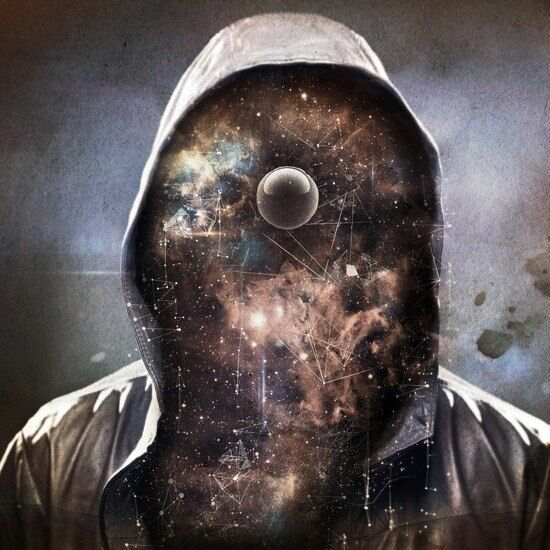Is Our Consciousness Immortal?
Quantum Consciousness and “Life After Death”: Can Our Identity Be Copied or Resurrected?
Historian, science popularizer, and chief editor of Skeptic magazine Michael Shermer examines the hypotheses of consciousness immortality and explains why, even if these theories were true, after death you would be someone else, not yourself. He argues that copying memories is far from copying a person and their values.
In the 2017 Netflix film The Discovery, Robert Redford plays a scientist who proves that the afterlife is real. “As soon as the body dies, part of our consciousness leaves us and goes to another level,” he explains. This is supposedly confirmed by his machine, which, according to another character, measures “two brain wavelengths at the subatomic level after death.”
This idea isn’t far from a real theory called quantum consciousness, proposed by a range of people from physicist Roger Penrose to physician Deepak Chopra. In some interpretations, it suggests that our mind is not solely a product of our brain, and that consciousness exists separately from matter. Therefore, the death of your physical body would not be the end of your consciousness. Since this is the topic of my upcoming book, Heavens on Earth: The Scientific Search for the Afterlife, Immortality, and Utopia (Henry Holt, 2018), I noticed that the film touched on several issues connected to these scientific and religious concepts.
Are Our Memories the Key to Immortality?
First, there is the belief that our identity is stored in our memories, which supposedly remain in the brain forever. If they could be copied and uploaded into a computer, or duplicated and implanted into a resurrected body or soul, we could be reborn. But memory doesn’t work that way.
Memory is not like a DVR that can replay the past on a screen in your mind. It’s a constantly changing and ongoing process, entirely dependent on the functioning of neurons in your brain. When you wake up in the morning or come out of anesthesia, your memories return just as they do after deep hypothermia and circulatory arrest. During this process, the patient’s brain is cooled to 50 degrees Fahrenheit, stopping electrical activity in the neurons, which suggests that long-term memories are stored statically. But if your brain is dead, this doesn’t happen. That’s why CPR must be performed immediately after cardiac arrest or drowning: if the brain is deprived of oxygen, neurons die along with the memories stored in them.
Can Copying the Brain or Soul Bring “You” Back?
Second, there’s the idea that copying your brain’s connectome (the map of its neural connections), uploading it into a computer (as some scientists claim), or resurrecting your physical “self” in the afterlife (as described in many religions) would lead to awakening as if from a long sleep—whether in a lab or in heaven. But a copy of your memories, your mind, or even your soul is not you. It’s a copy, a twin, but no twin looking at their sibling thinks, “That’s me.” Neither duplication nor resurrection can transfer you to another plane of existence.
Identity Is More Than Memories
Third, your unique identity is more than just your intact memories; it’s also your worldview. Neuroscientist Kenneth Hayworth, senior scientist at the Howard Hughes Medical Institute and president of the Brain Preservation Foundation, divides identity into two components: “I-memory” and “I-views.” He believes that if you fully transfer “I-memory” into a computer (or, say, into a resurrected body in heaven), then “I-views” will awaken on their own. I disagree. If this were done without the person’s death, there would be two “I-memories,” each with its own “I-views,” each seeing the world through unique eyes. At that point, each would follow its own life path, creating different memories based on different experiences. “You” could not have two sets of “I-views.” If you die, there is no mechanism by which the “I-views” part of your identity can be transferred from your brain to a computer (or a resurrected body). “I-views” depend entirely on a person’s own continuity from moment to moment, even if that continuity is briefly interrupted by sleep or anesthesia. Death is a permanent break in continuity, and personal “I-views” cannot be moved from your brain to any other medium, now or in the future.
The Meaning of Mortality
If this sounds unspiritual to you, it shouldn’t. Awareness of our mortality leads to spiritual uplift, because it means that every moment, every day, and every relationship matters. Interacting with the world and with other living beings brings meaning and purpose. Each of us is unique in the world and in history, both geographically and chronologically. Our genomes and connectomes cannot be duplicated, which is why we are human—endowed with the awareness of our mortality and the understanding of what that means. And what does it mean? Life is not a temporary rehearsal before some grand show in the future—it’s our personal center stage in the drama of the cosmos, here and now.



